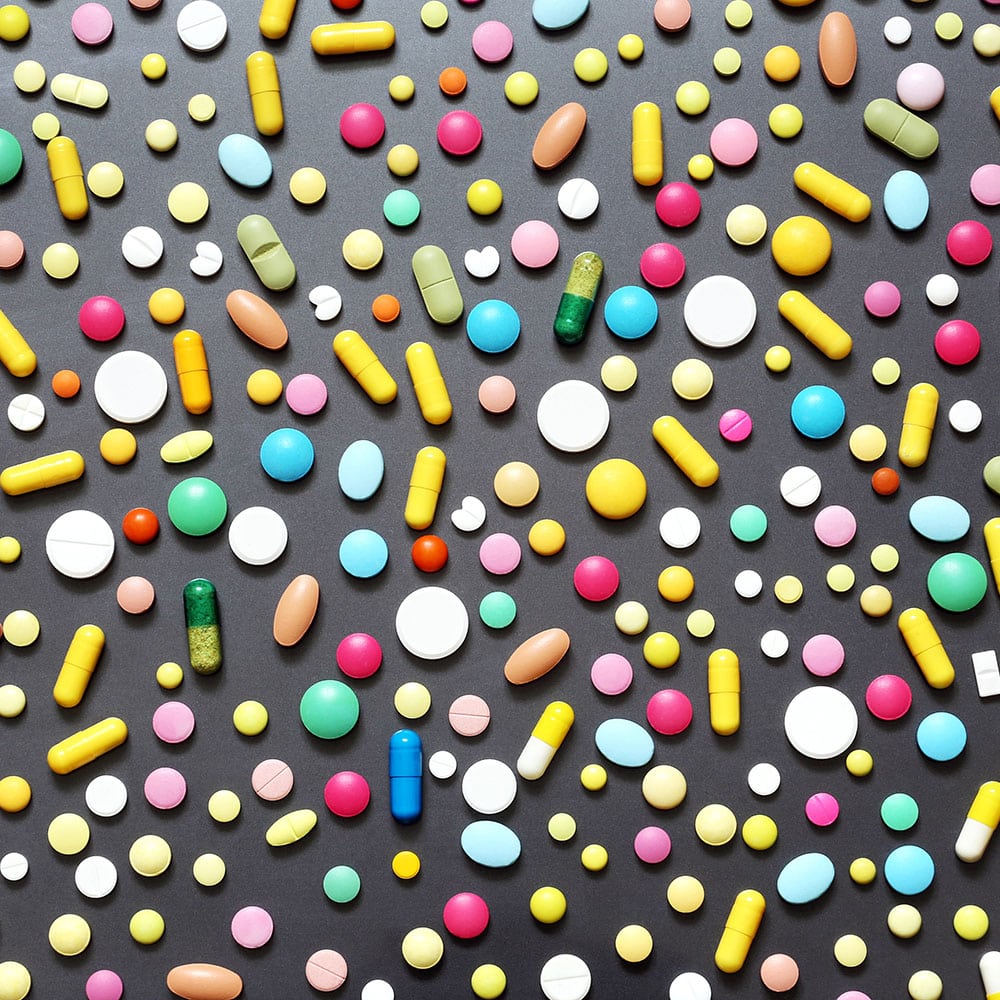Despite decades of research there are no oral contraceptives for men, while there are many options that are readily available for women which are safe, effective and reversible. ACS’ Journal of Medicinal Chemistry have published a study saying that a good lead for a male birth control pill has been found.
The lead is based on a plant extract called ouabain. There are 2 types of African plants that make ouabain, which are traditionally used by hunters and warriors as a heart stopping poison for their arrow head tips. Mammals produce ouabain within their bodies at lower levels which is believed to help control blood pressure, and it is also sometimes prescribed in small doses to treat heart attack patients.
Passage of calcium and sodium ions through the membrane protein Na, K-ATPases made up of protein subunits which are found in cell membranes is disrupted by ouabain. Some subunits can be found in cardiac tissue, but there is one type of subunits that is only found in sperm cells and is known to be key in fertility in mice. Ouabain binds strongly to this subunit but it also binds to other Na, K-ATPase subunits but less tightly. Clinical studies conducted in the past have shown that ouabain curbs the fertility in men. Ouabain itself can’t be used as a contraceptive option because of the risk of heart damage, so researchers have undertaken the task of designing ouabain analogs that are more likely to bind to the subunit protein in sperm than to that of the subunits found in heart tissue.
Removing a sugar group from ouabain and replacing its lactone group with that of a triazole group the researchers were able to create a derivative that can zeroing in on the subunit proteins in sperm cells in rats. Once bound it interferes with the cells ability to swim, which is critical to the sperm role in fertilizing an egg. The compound has shown no toxicity in the rat trials. The contraceptive effect should be reversible because the subunit protein is only found on mature sperm cells according to the researchers, which means that the sperm cells produced after stopping treatment with the ouabain derivative should not be affected.




